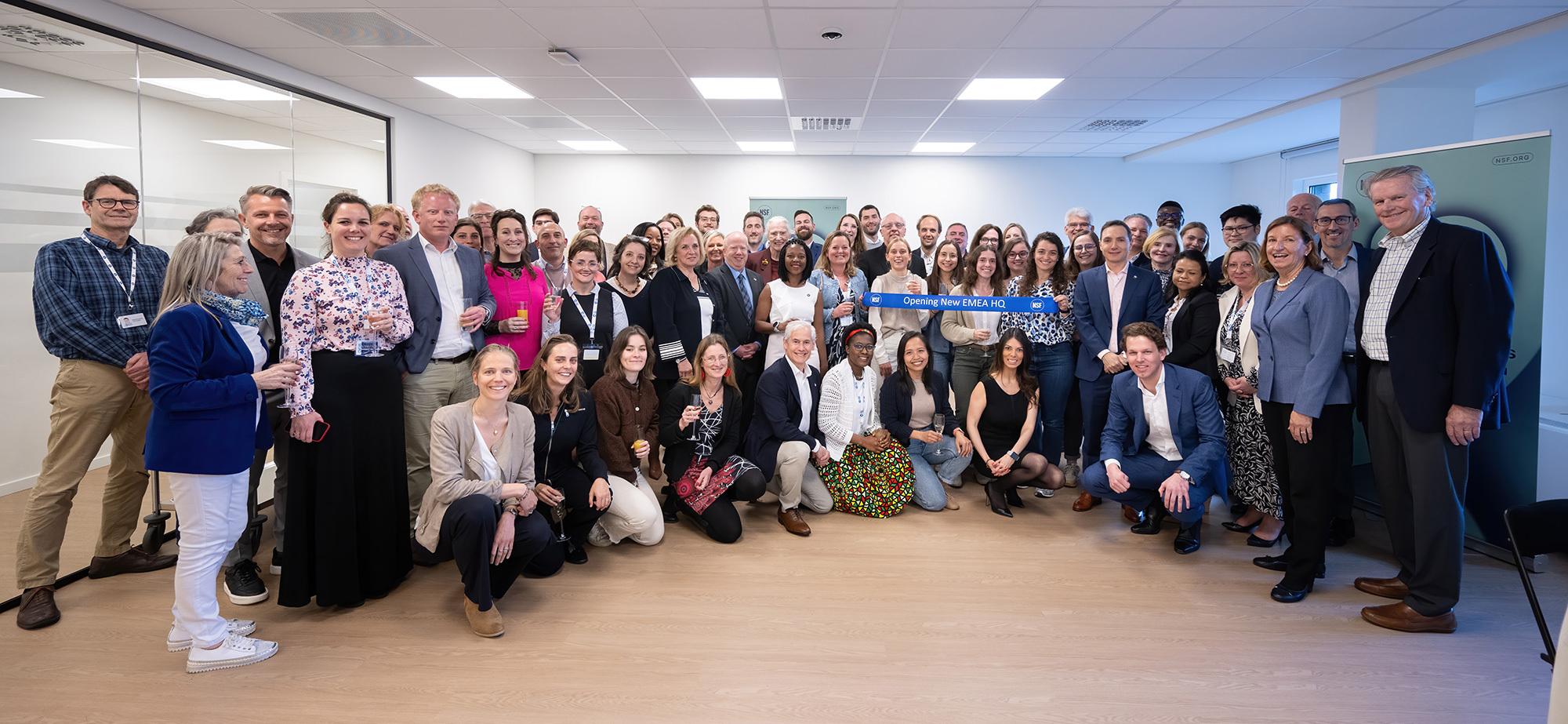Survey Says: It’s Time for Change in Quick Service Restaurant Operations

Ann Arbor, Mich. – While food safety and quality have always been priorities for the quick service restaurant (QSR) industry, the ongoing COVID-19 pandemic has pushed both farther up the agenda than ever before.
As an organization with more than 75 years of experience in food safety and quality, NSF is committed to playing an integral role in helping the industry move forward amidst the global pandemic.
In the summer of 2021, NSF commissioned an independent survey into the state of QSR operations worldwide, surveying a random sample of 680 workers and decision-makers across the US, UK, China, India and Latin America.
The results, which are recapped in an in-depth report, show that the extra pressure of the pandemic has exposed significant challenges across several key areas of QSR operations. In addition, increased consumer demand has led to an uptick in home delivery, takeout meals and dark (or ghost) kitchens.
Here are a few of the topline themes included in the report:
Home Delivery Has Added Significant Pressure
38% of QSRs reported feeling added pressure to increase speed of food preparation, with 22% saying home delivery has increased food risks overall.
COVID-19 Has Made Employee Recruitment, Retention and Training Challenging
Nearly 90% of the brands surveyed say the pandemic has made recruitment and retention more difficult, with 54% saying they canceled or delayed employee training due to COVID-19.
The Supply Chain Must Deliver Continuity While Addressing Food Waste
Supply chain disruptions have been felt around the world, especially recently. Respondents believe suppliers can deliver continuity and reduce food waste using new practices – 38% support better storage and refrigeration while 44% support stronger control of supplies.
Unreliable Equipment Affects Menu Availability and Food Safety
Seven out of ten respondents reported issues with unreliable food equipment, impacting availability of menu items, often due to insufficient cleaning and maintenance.
The report clearly shows that change is needed, but the good news is that QSRs are optimistic about the potential new technology and ways of working to improve operations, strengthen training and cut costs.
At NSF, we believe that one of the answers lies in new and innovative technology solutions. Other industries such as e-commerce, banking, aviation and hospitality have already begun shifting to contactless smart solutions to revolutionize staffing and overall operations. The food industry is no different and is already adopting similar solutions in the workplace.
Technology solutions such as smartglasses, on-demand video learning, mobile devices and remote live instruction allow for virtual, handsfree training and work.
NSF EyeSucceedTM is one of these solutions – a first-of-its-kind food operations solution that combines our propriety AR software with Google Glass Enterprise Edition II wearable smartglasses to effectively train employees. The solution improves everyday operations, product consistency and customer and employee experience while reducing overall costs.
Now more than ever, food and restaurant operators must adopt solutions to grapple with today’s complex challenges and the ever-changing climate.
NSF EyeSucceed: See What’s Possible
Share this Article
How NSF Can Help You
Get in touch to find out how we can help you and your business thrive.


